 “Be like a postage stamp. Stick to one thing until you get there.” ~Josh Billings
“Be like a postage stamp. Stick to one thing until you get there.” ~Josh Billings
This quote comes from a book I love called The ONE Thing: the Surprisingly Simple Truth Behind Extraordinary Results by Gary Keller. As I mentioned last week, after a number of back-to-back setbacks, I needed to relaunch my writing habits. It has been harder than I expected for a number of reasons.
For one thing, I had waited several months to be able to see again and also to move my right hand. So, I didn’t just get behind on my writing. In addition, I “lost sight” of a few other important goals. I was in enough pain that exercising just made the pain worse. So, I quit for a short season (which turned into a loooong season). Because I couldn’t see to drive at night for months, some events with friends and family members were canceled.
So when I finally felt well enough to write again, I wasn’t just behind with the writing. I had gained some weight I wanted to lose and was breathless and out of shape. And, of course, I wanted to re-schedule important events with friends and family. AND THERE WASN’T TIME TO DO EVERYTHING.
Juggling MANY Things
Life is a juggling act in the best of times. But when we’re knocked out of commission for a while, due to health or family or job crises, we are eager to get caught up in all areas of our lives. In the past, I tried to ramp up performance in all areas simultaneously, becoming a writer running on adrenaline. After all, most of our dearest goals are truly important! You want to catch up on them all. And that, in turn, makes us feel overwhelmed and stuck.
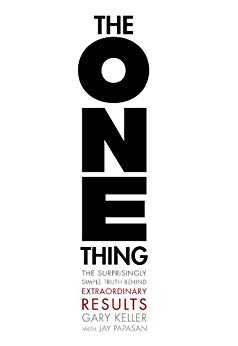 The author of The ONE Thing was in a similar situation. He finally realized he couldn’t do it all, at least not at one time. He couldn’t do five things, or four, or even two–and do them really well. Not with full focus. Not with enough focus to be successful. The question he learned to ask himself repeatedly, in every situation, turned his entire life around.
The author of The ONE Thing was in a similar situation. He finally realized he couldn’t do it all, at least not at one time. He couldn’t do five things, or four, or even two–and do them really well. Not with full focus. Not with enough focus to be successful. The question he learned to ask himself repeatedly, in every situation, turned his entire life around.
What was that question?
“What’s the ONE Thing you can do, such that by doing it, everything else will be easier or unnecessary?”
Sorting It All Out
According to the1thing.com website, “Gary Keller has identified that behind every successful person is their ONE Thing. No matter how success is measured, personal or professional, only the ability to dismiss distractions and concentrate on your ONE Thing stands between you and your goals. The ONE Thing is about getting extraordinary results in every situation.” Not only does this strategy help you really focus so you can succeed, it also cuts your stress.
To me, there’s nothing quite as stressful as jumping back and forth from one task to another on my “to do” list. I didn’t focus on my major goal—in this case, writing a book. Instead I put out fires and crossed items off my list that were either the easiest or the quickest. Many items led down rabbit trails, since answering one email usually leads to several more. Adding a short update to your Facebook page leads to scrolling, reading, commenting and liking your friends’ posts. Time is lost, and you haven’t even started your most important project.
If you’re like me, you might be saying, “But I have several very important goals. I can’t choose just one!” I understand that feeling. But focusing on one main thing is a skill we can learn. If learning how to focus on one main goal FIRST is important to you, give this book a try. In addition to much practical help in the book, the author provides free downloads, podcasts, and teachings for their “ONE Thing” method at their Resources page.
Choosing The ONE Thing
Yes, right now I am taking small steps with an exercise program. I’ve also rescheduled smaller events with friends and family. However, I decided that my ONE thing to focus “all in” during the rest of the summer was re-establishing my writing habit and finishing a book I started months ago. To accomplish this, I am using what the author calls time blocking. So far, it’s working really well.
In past years, my “one thing” was dealing with health issues that had stopped me cold in my writing. Once I got the autoimmune disease in remission, my “one thing” could be something else. Other years I have had 6-9 months where my “one thing” had to be working on a particular relationship that was impacting everything else in my life.
Focusing On the Right One Thing
Usually we sense which goal is our most important one. But we can be wrong! Don’t automatically assume you know what your “one thing” is. Suppose you want to lose weight, so it seems obvious that your goal is to eat less and exercise more. But when you ask yourself the book’s key question (What’s the ONE Thing you can do, such that by doing it, everything else will be easier or unnecessary?), you might discover that actually it’s your lack of sufficient sleep leading you to not exercise, want comfort carbs at all hours, and be depressed. So, your “one thing” that would make everything easier might be going to bed every night by 10:00. It could fix a host of problems causing you to gain weight.
Take time alone to think, pray, journal, and listen for guidance when choosing your ONE thing. If you need help to identify your focused goal right now, The1Thing website has some helpful articles. Read “How to Identify What Matters Most.” Then for help implementing your plan, see “Revisiting Your System for Time Blocking.”
Then you’ll be like a postage stamp. You’ll stick to one thing until you successfully get there.
 In the fall of 2019 I spent several weeks
In the fall of 2019 I spent several weeks 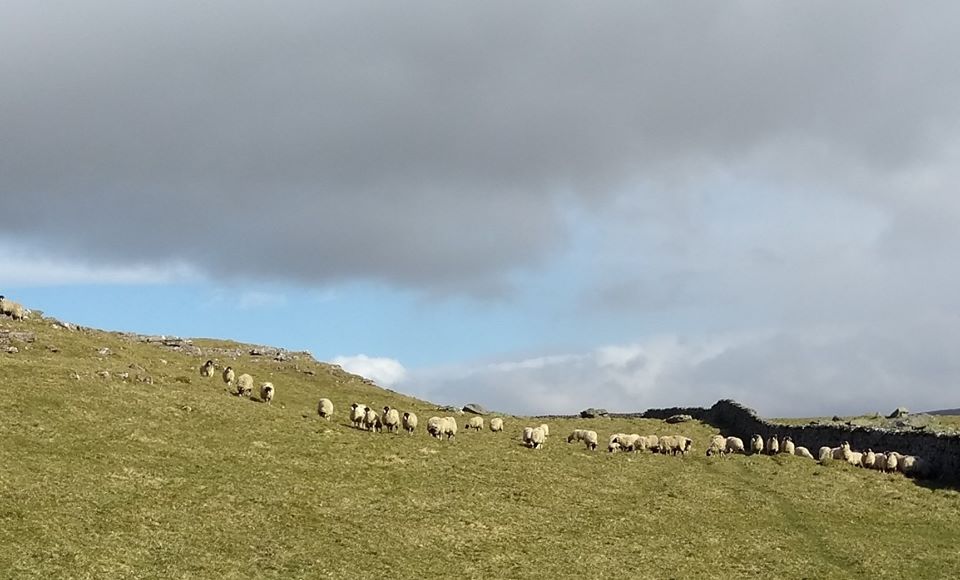 My mystery writer friend runs daily in the
My mystery writer friend runs daily in the 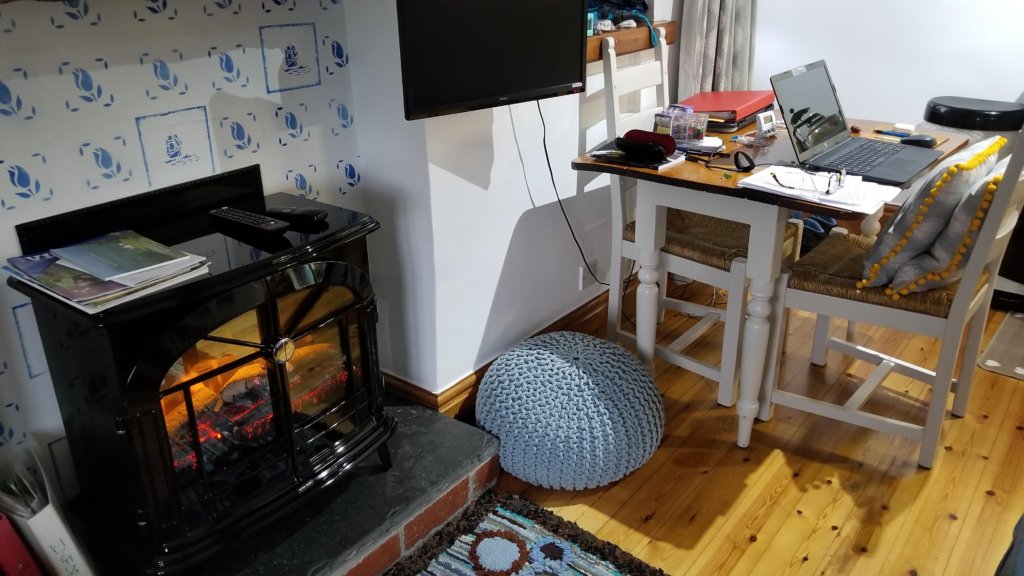 I’ve been home from my England research trip for six weeks now. My cottage writing table next to my fireplace is such a fond memory!
I’ve been home from my England research trip for six weeks now. My cottage writing table next to my fireplace is such a fond memory!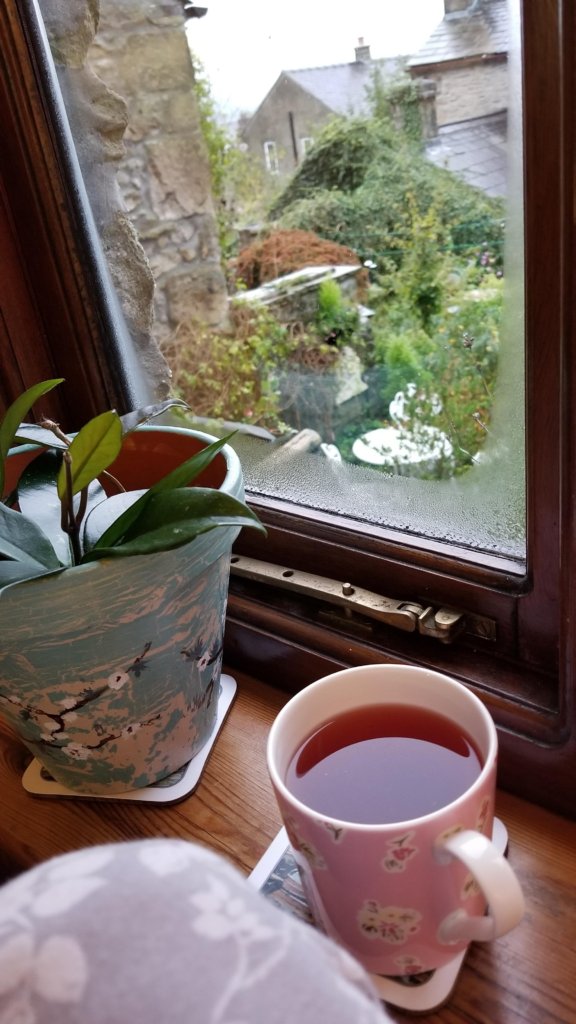
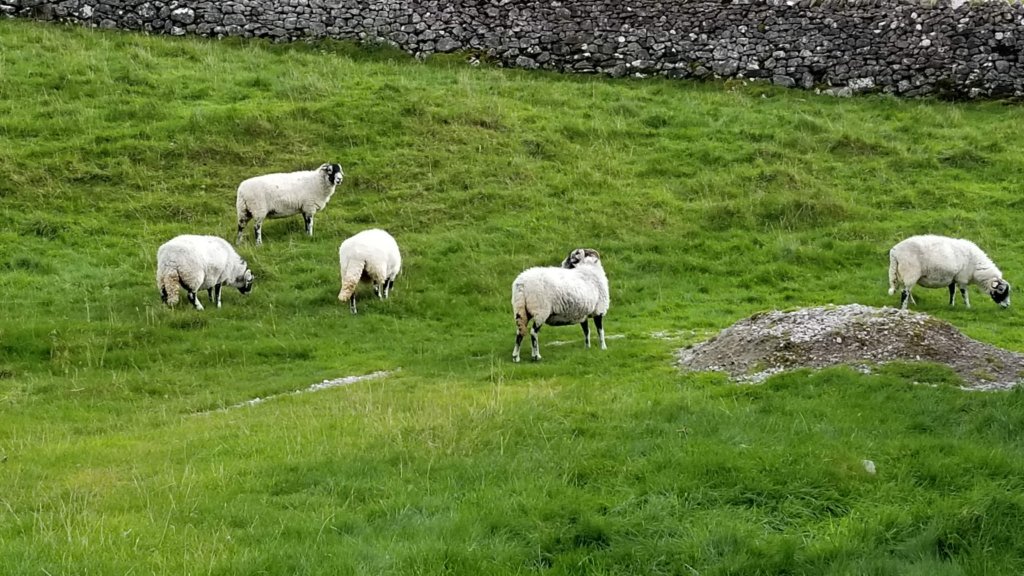 I just returned from a research trip in the Yorkshire Dales in northern England, the setting of my historical work-in-progress. It was my second time to stay in this small village, whose buildings date back to the 1600’s. I wrote, I visited museums, and I hiked the hills two or three times each day. I will never get tired of the beauty of this area. Both years I especially loved the sheep. Fluffy white ewes dotted the high green fells and stared at me from beyond dry stone walls.
I just returned from a research trip in the Yorkshire Dales in northern England, the setting of my historical work-in-progress. It was my second time to stay in this small village, whose buildings date back to the 1600’s. I wrote, I visited museums, and I hiked the hills two or three times each day. I will never get tired of the beauty of this area. Both years I especially loved the sheep. Fluffy white ewes dotted the high green fells and stared at me from beyond dry stone walls. England, Oct. 21: My last week in Settle already! It has gone so very fast! Learned so much about the railroad today from the man running the shop in the station.(And bought more books to mail home.)
England, Oct. 21: My last week in Settle already! It has gone so very fast! Learned so much about the railroad today from the man running the shop in the station.(And bought more books to mail home.) 





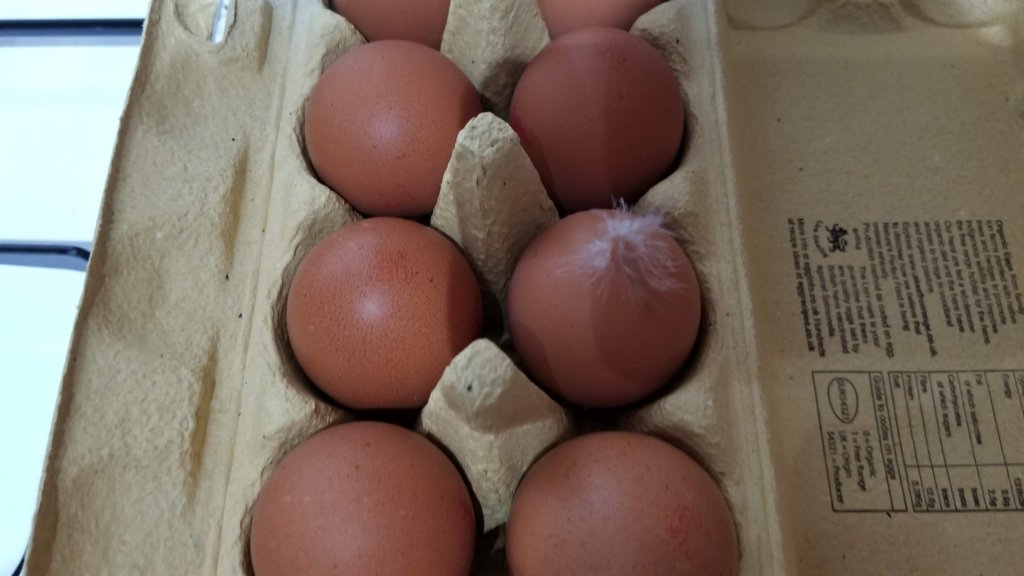
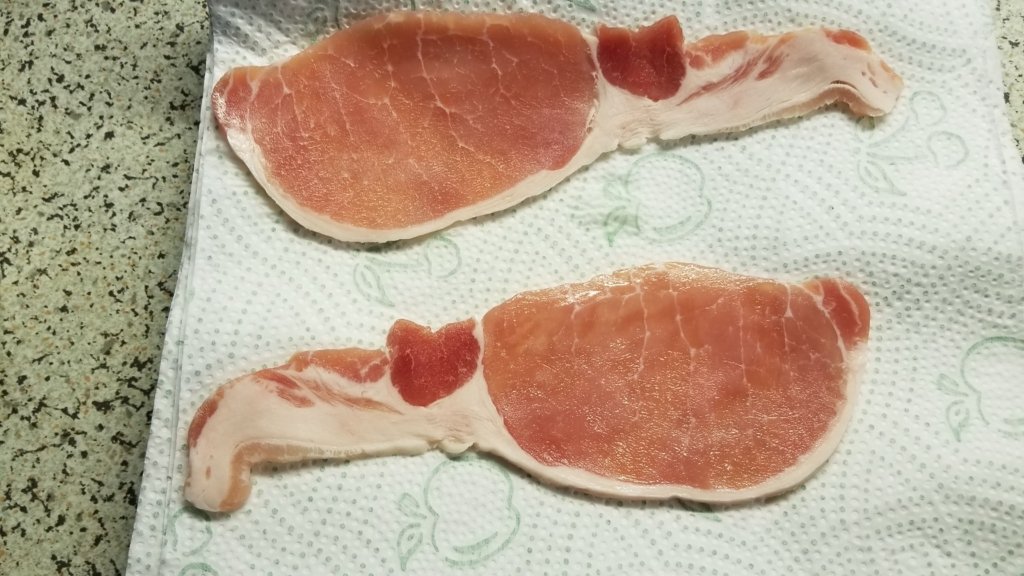
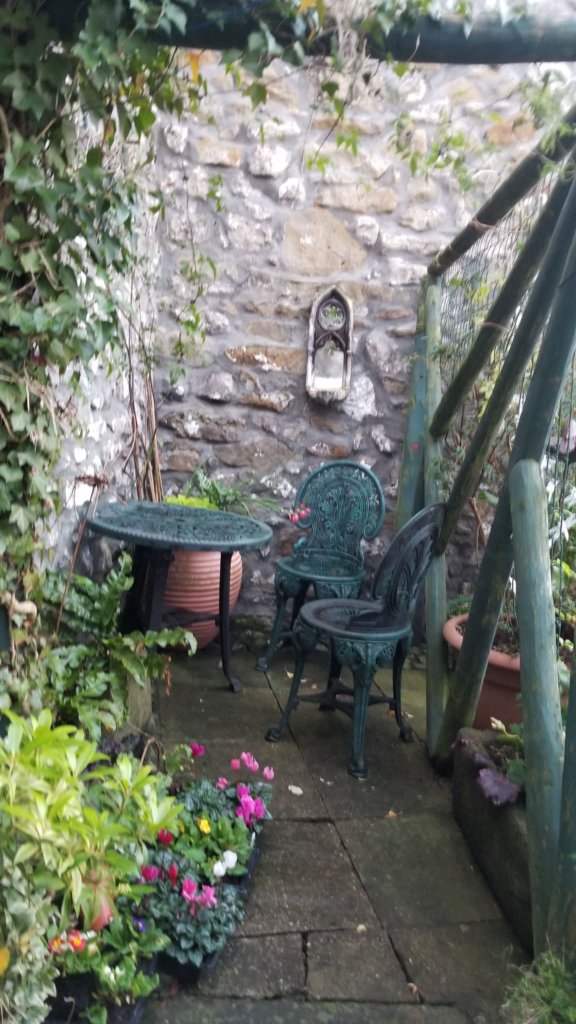 England, Oct. 11-12
England, Oct. 11-12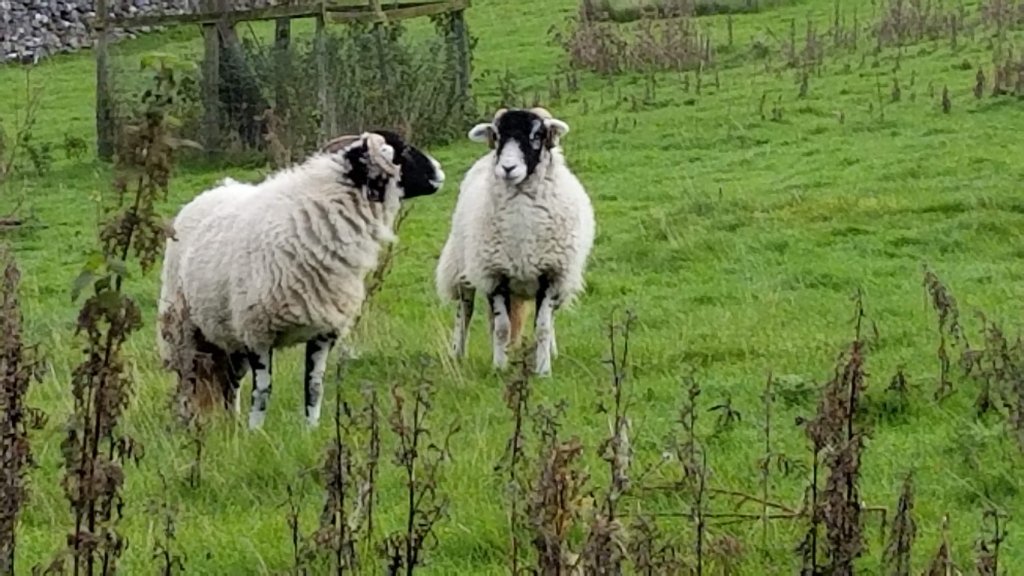



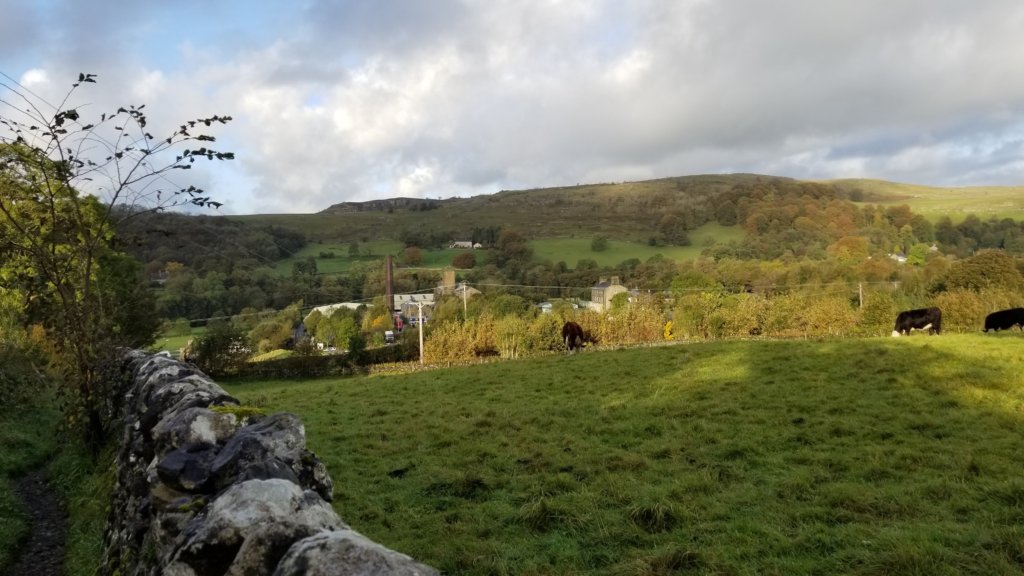
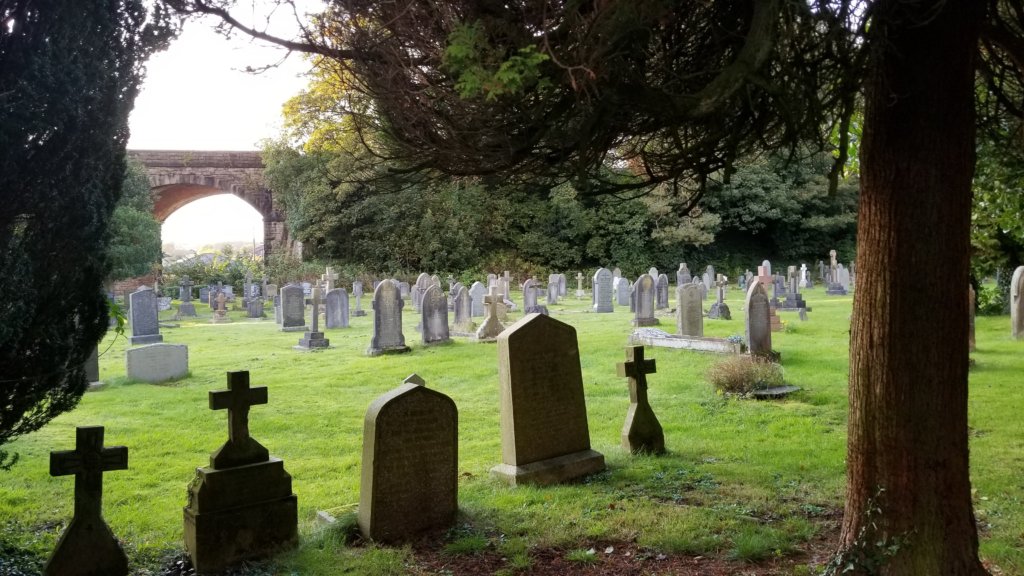

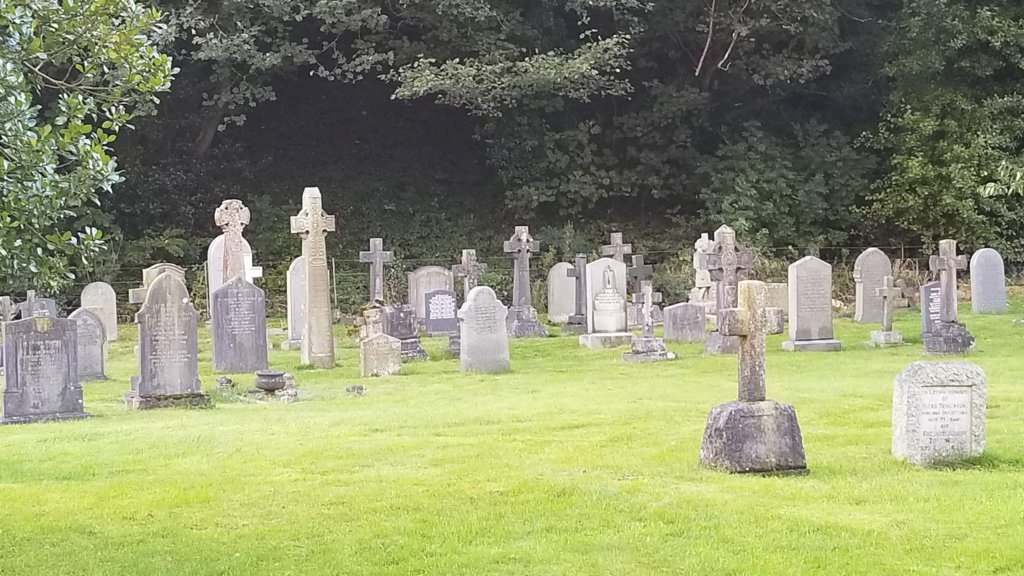
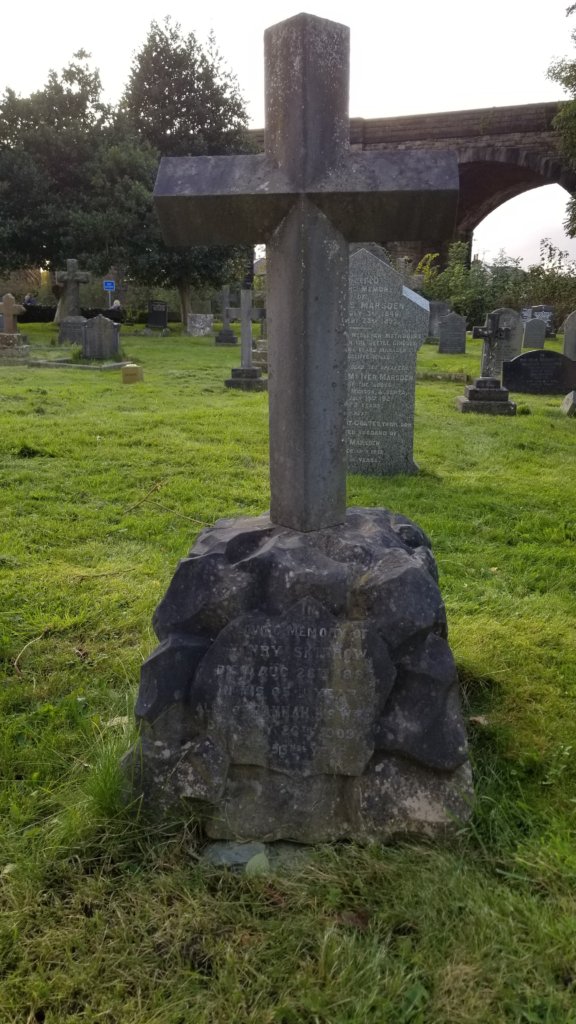

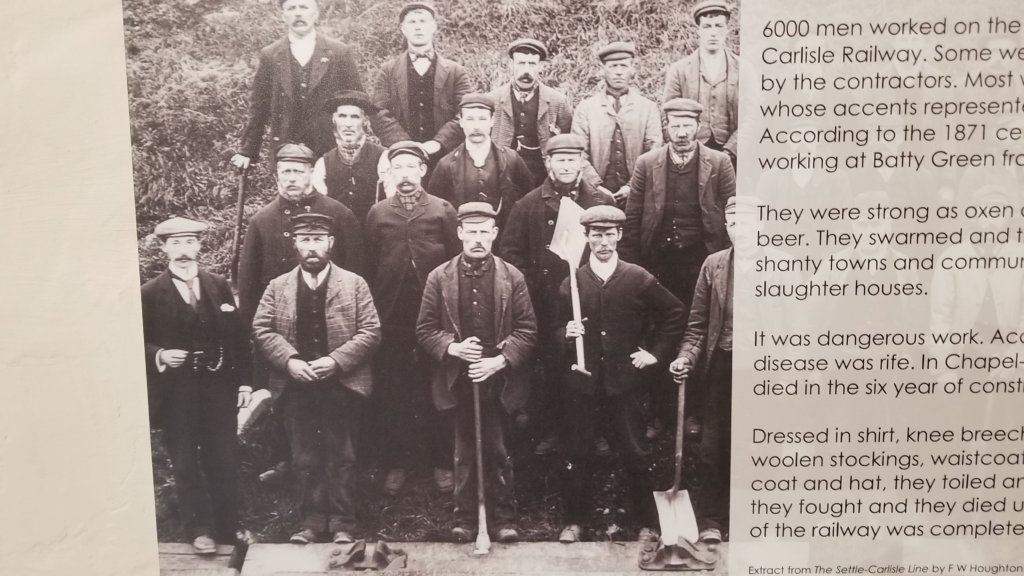
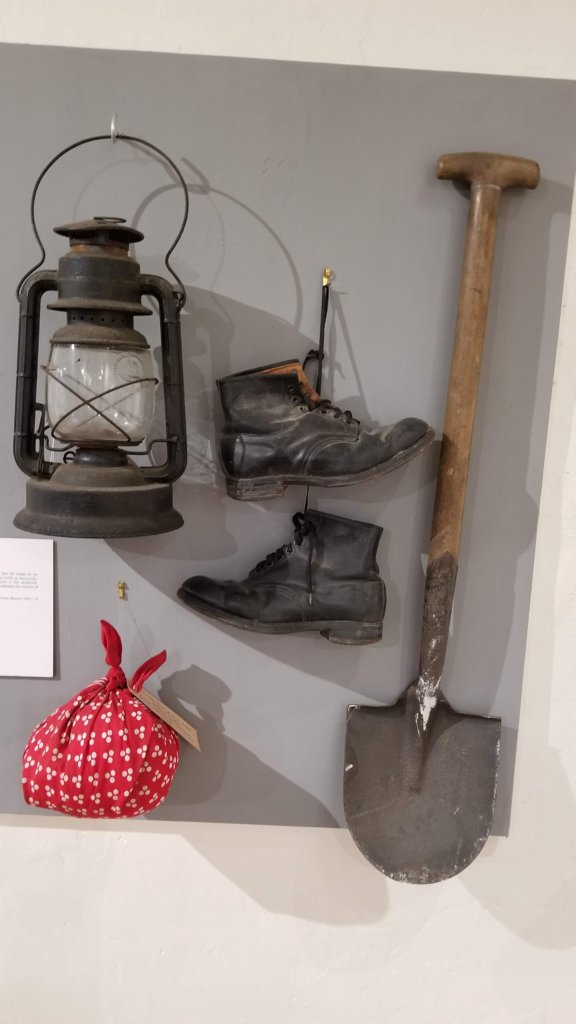

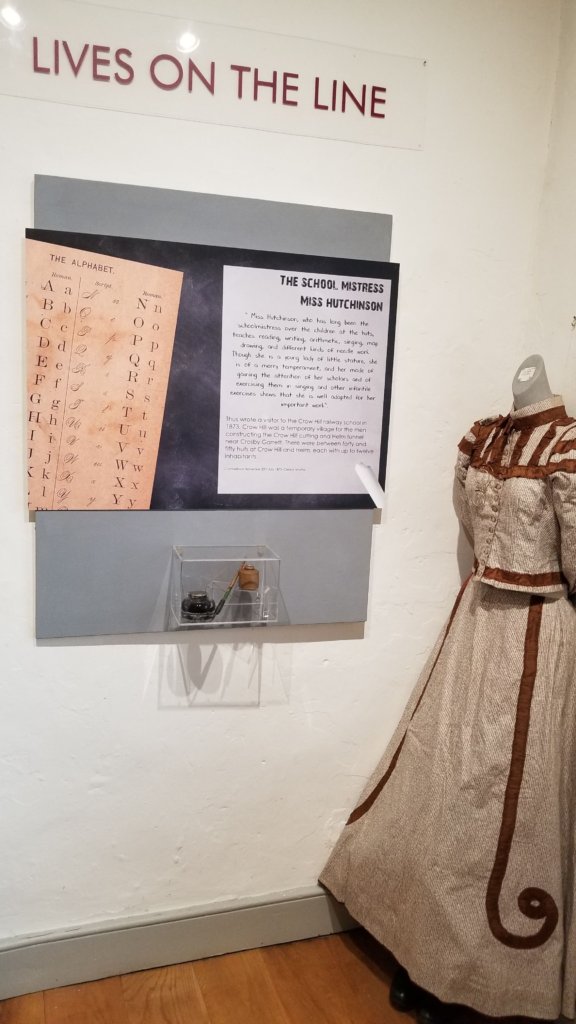
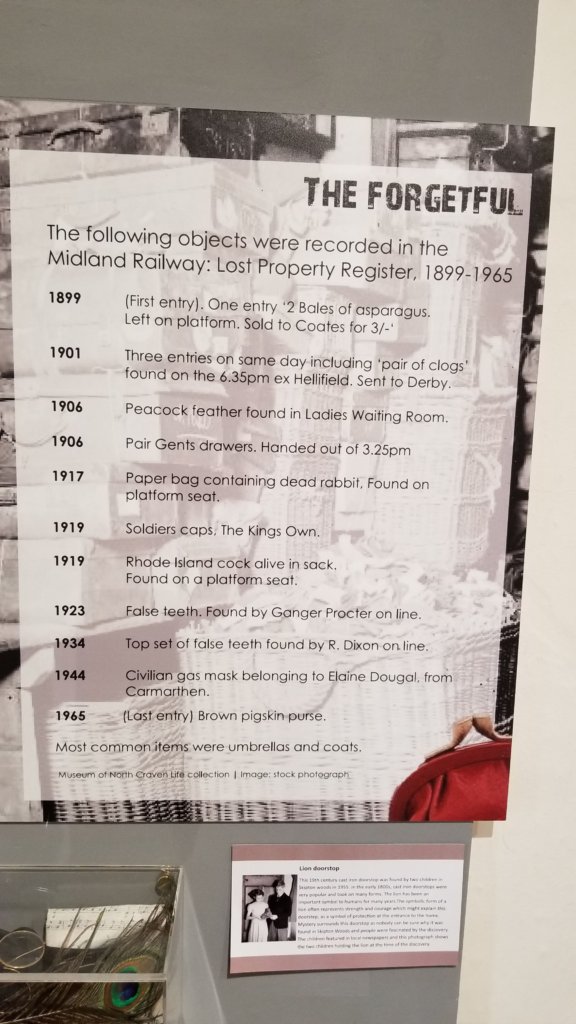
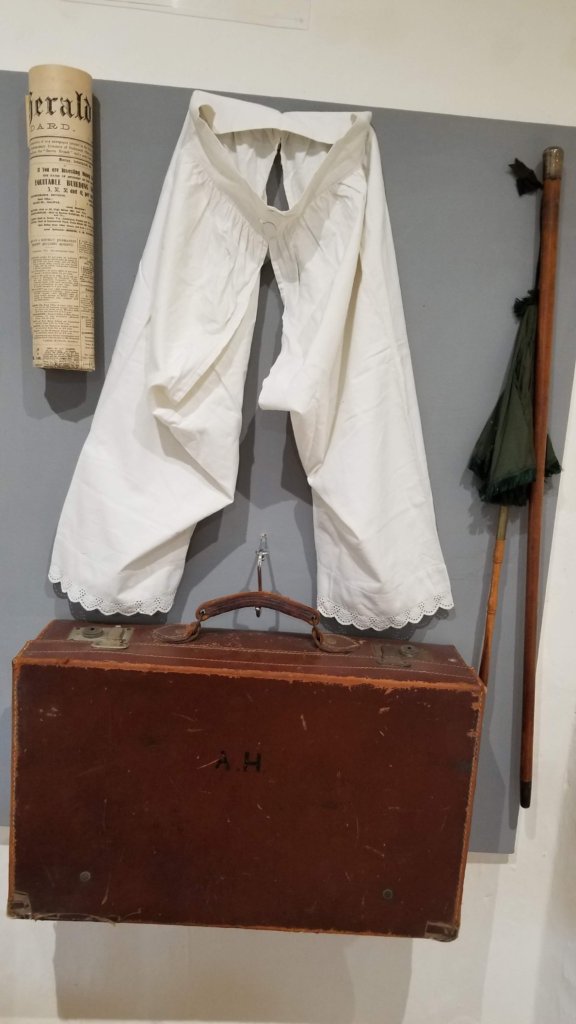
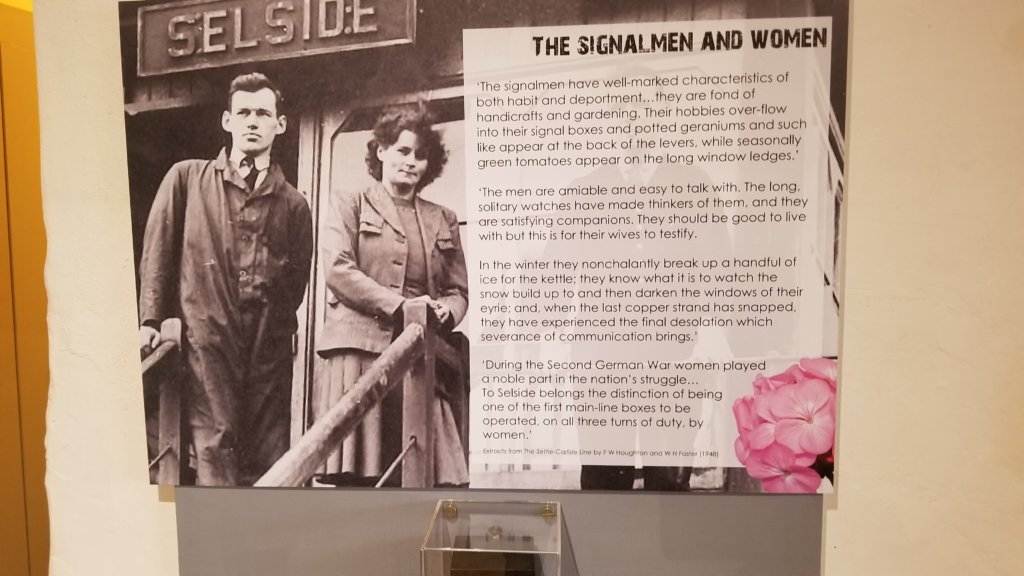
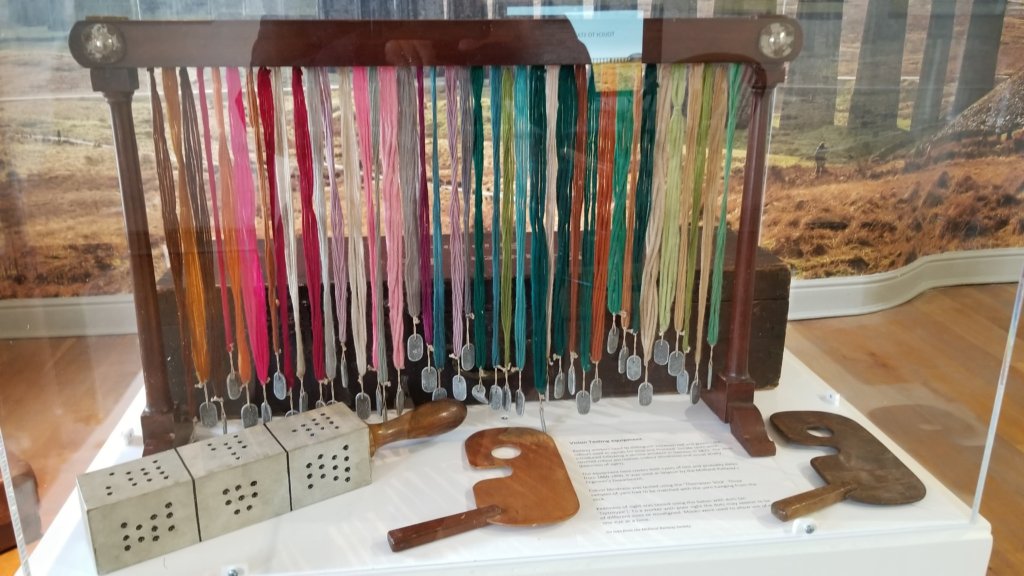
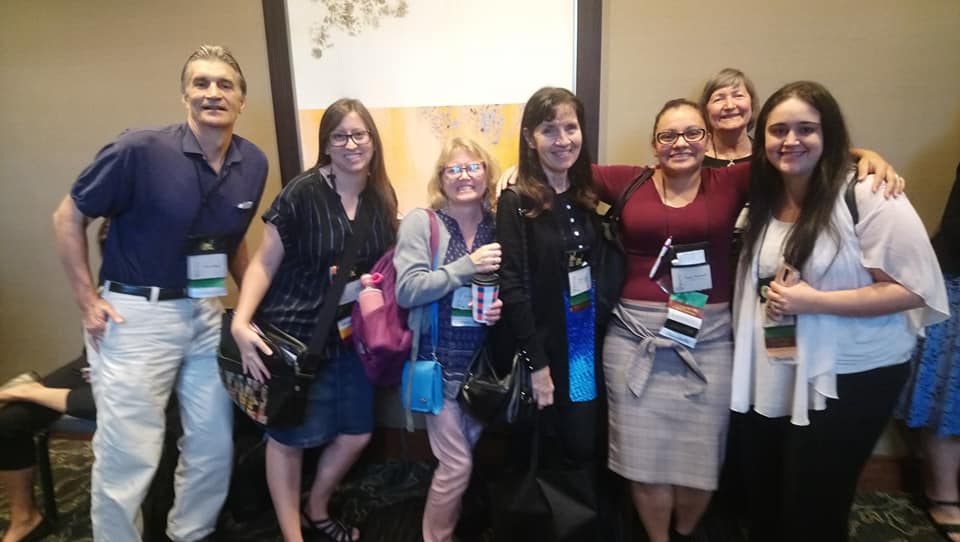

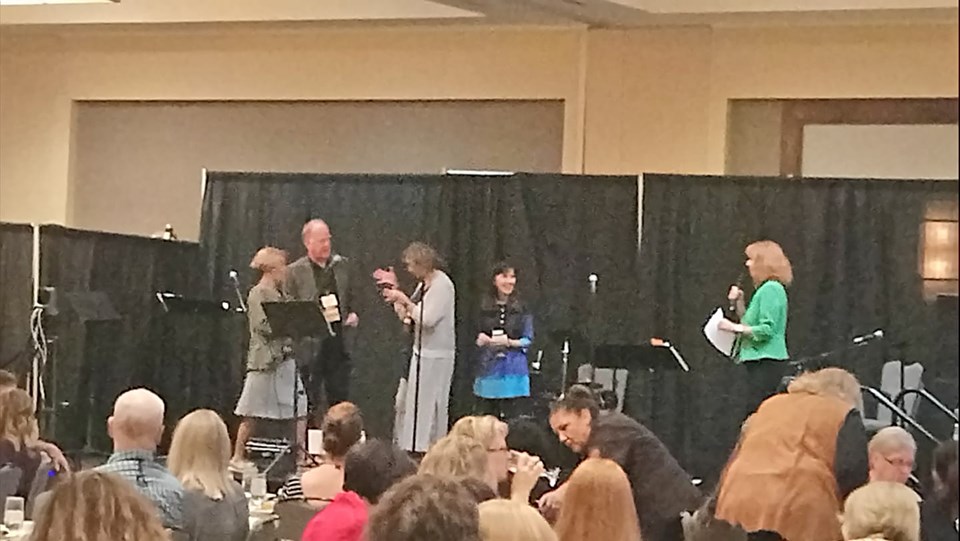
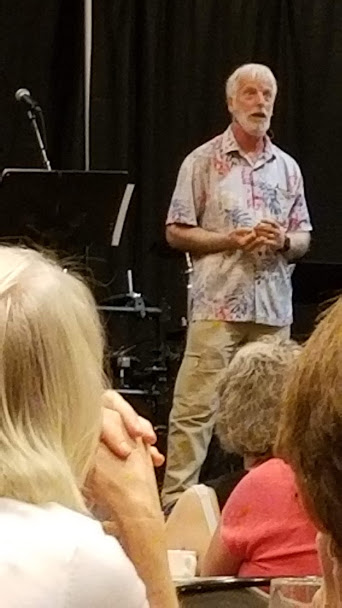
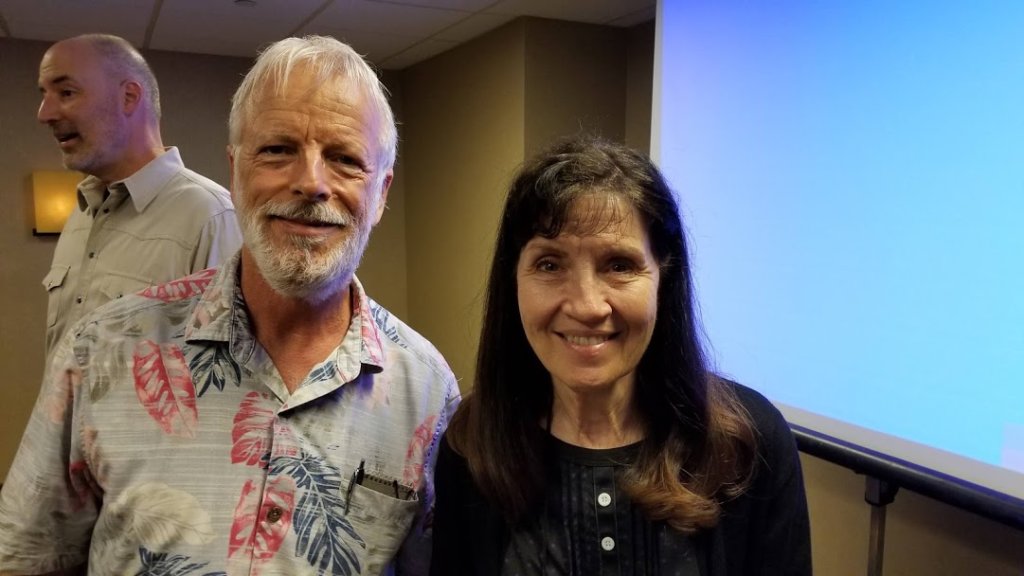 deep, a rare combination, and such a kind man. He was our keynote speaker for the weekend, plus he shared in workshops, and I came as close to being a groupie fangirl as I have ever come in my life.
deep, a rare combination, and such a kind man. He was our keynote speaker for the weekend, plus he shared in workshops, and I came as close to being a groupie fangirl as I have ever come in my life. 

 I appreciate SO VERY MUCH all the emails over the past few months inquiring about my health.
I appreciate SO VERY MUCH all the emails over the past few months inquiring about my health.